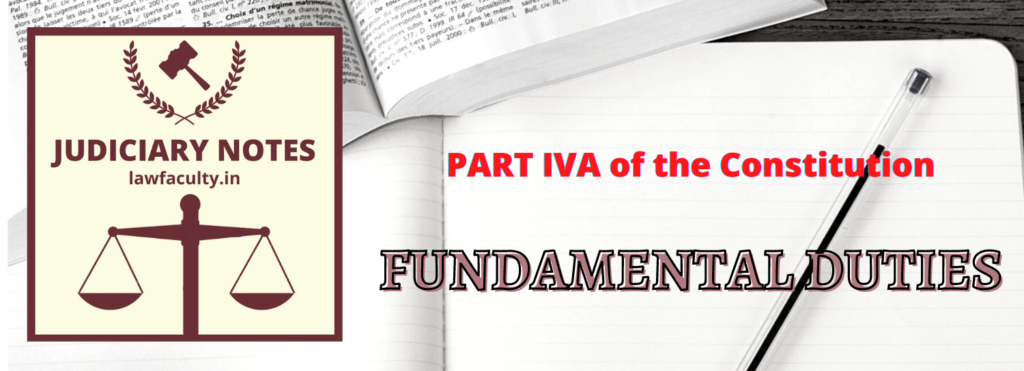Article 18: Abolition of titles – Fundamental Rights – Part III of the Constitution
Article 18: Abolition of titles- (1) No title, not being a military or academic distinction, shall be conferred by the State. (2) No citizen of India shall accept any title from any foreign State. (3) No person who is not a citizen of India shall, while he holds any office of profit or trust under …
Article 18: Abolition of titles – Fundamental Rights – Part III of the Constitution Read More »







